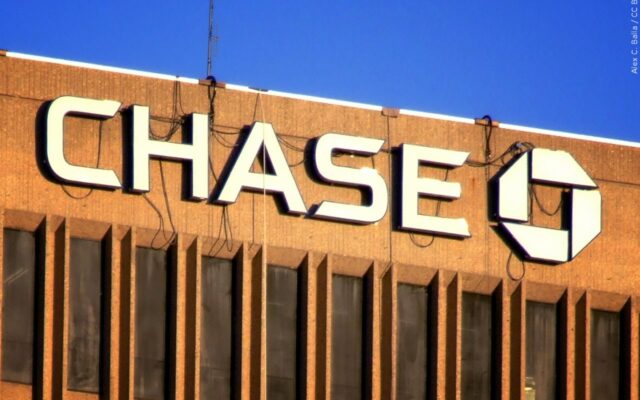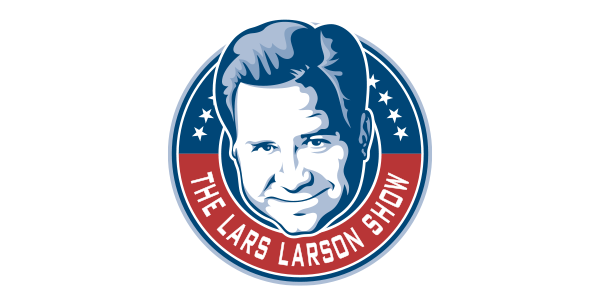Protecting Freedom of Speech: The De-Banking Dilemma

In recent times, the de-banking of individuals by major financial institutions has become a cause for concern and has raised questions about the boundaries of free speech and personal liberties. Nigel Farage and Dr. Joseph Mercola are the latest high-profile casualties in this controversial practice. Without prior warning or explanation, they were de-banked by NatWest and JP Morgan Chase Bank, respectively. This growing trend of de-banking individuals based on their political or religious views has ignited debates about the role of major banks in determining who gets access to financial services. Should major banks have the discretion to de-bank individuals based on their political or religious views? This question demands a careful examination of the principles of free speech and individual freedoms.
As powerful institutions, major banks wield considerable influence over the financial lives of individuals and businesses. The ability of banks to de-bank individuals at their discretion raises concerns about potential discrimination and censorship. The concept of “red-dotting” or flagging customers for potential cancelation based on perceived reputational or social risks is deeply troubling. It opens the door to subjective interpretations and possible bias in determining who deserves access to financial services. For more information, Lars speaks with Tracy Beanz, an Editor from UncoverDC.
